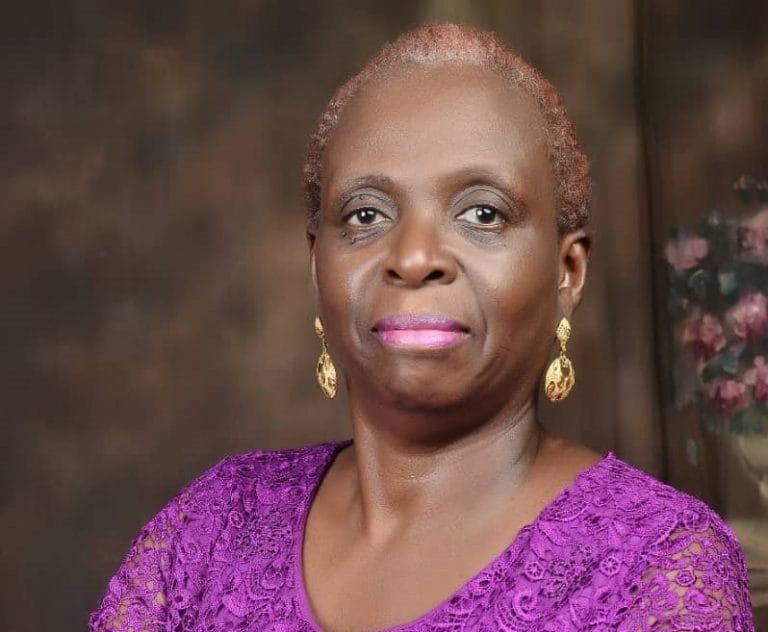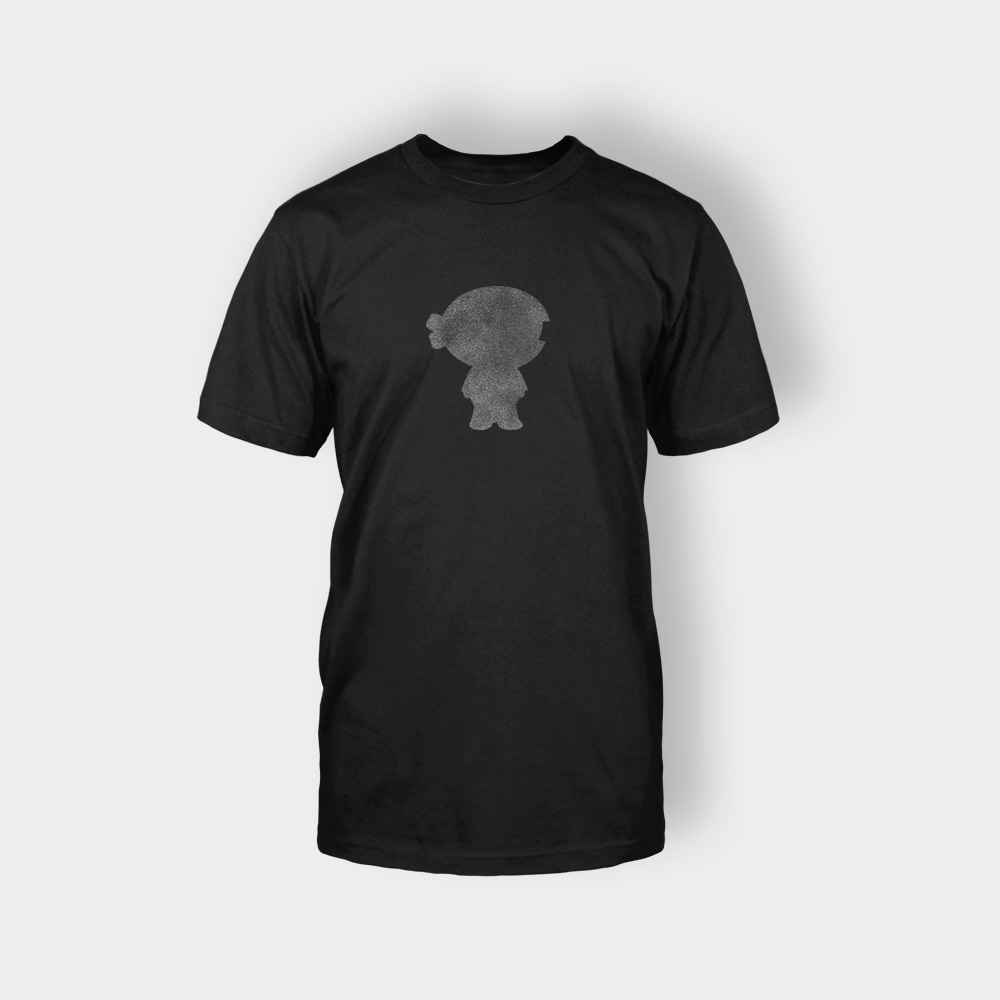The Making of the Nigerian Flagship: A story of The Guardian by Aaron Ukodie and O’seun Ogunseitan launched recently is full of many interesting and insightful recollections by journalists who worked in the organization in its first ten years of operations.
The book is a treasure considering the no-holds back accounts many of the former managers and staff shared about the undoubtedly glorious days of The Guardian newspapers.
Like I always tell young journalists of today, getting a job in the media has always been hard. They need to read the book I am reading bit by bit to soak in, not only the awesome efforts that went into conceptualizing, launching and sustaining the newspaper but what it took many of the staff to get hired.
It was not enough to have a degree or just be able to string some sentences together, you just have to be very good and pass the rigorous reporting tests applicants were subjected to.
Mrs Tayo Agunbiade nee Afolabi, who is now a Legislative Research Consultant at the National Assembly, Abuja had to make an unusual desperate plea that she would not marry if that was what was required to get hired.
According to her recollection, despite submitting her test papers, which involved monitoring BBC news reports daily compiled into a batch of newsprint off-cut, there was no sign of getting employed.
“Later on, I was told that it was the headlines they were interested in not the entire story! At some point, during brief dialogues with others, I learnt that there may be an unspoken policy in some newsrooms, not to engage young ladies.
“I decided I was going to declare my position on marriage. In my eagerness to resolve the stalemate, I went to the Editor, Mr Lade Bonuola and said that I understood there was a reluctance to engage young ladies for fear that they would go off to get married and leave management searching for a replacement. I told him that I was not going to ever get married, so they should employ me.”
Did she keep her promise?
“Some twenty-six years later, I bumped into Mr Bonuola at Compass Newspapers Editorial Board. Not one to forget such a pledge, his first question was: ” Tayo did you get married; you used to tell me you would not?” I replied ” Yes Sir and with three children too”
Case closed.
What did it take to get your first job? Share in the comment section.



I am not surprised reading this at all. I have sat with media company executives (90 per cent men) who conducted interviewers and were very keen on employing young ladies who are single and had no plans to marry immediately.
As a former News Editor with a TV station in Ghana, I once interviewed a lady who was seeking to be a newscaster. I asked her why she left her former Job with a certain radio station and she told me, they let her go because she got married.
I recollect the stringent standards too. I desperately wanted in and through two means: Special Projects and Newsroom. I was assigned to Emeka Izeze and worked hard to make to front page and a couple of Page 3 reports. My letter delayed in coming and I left for another job only to be notified that my employment letter came out a few weeks later to work with the Sunday edition. It was tough. Femi Kusa often showed how hard by saying that “we expect our reporters to squeeze water out of stone”